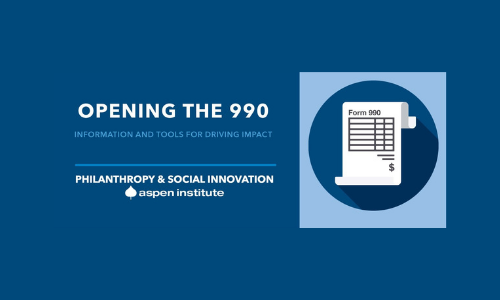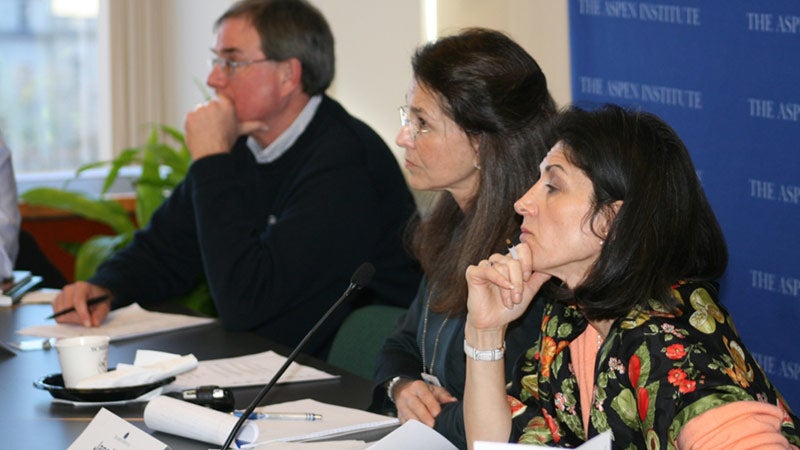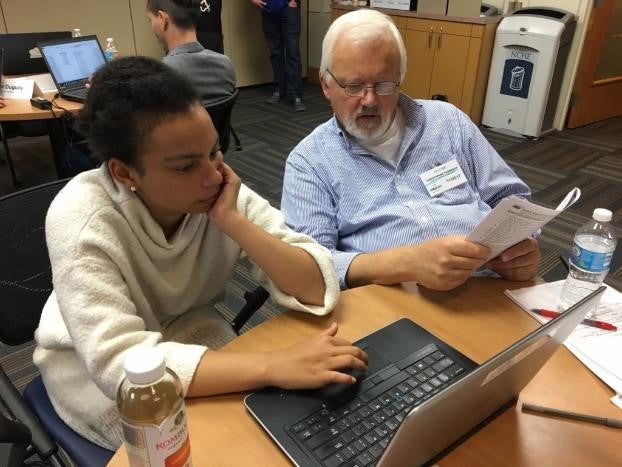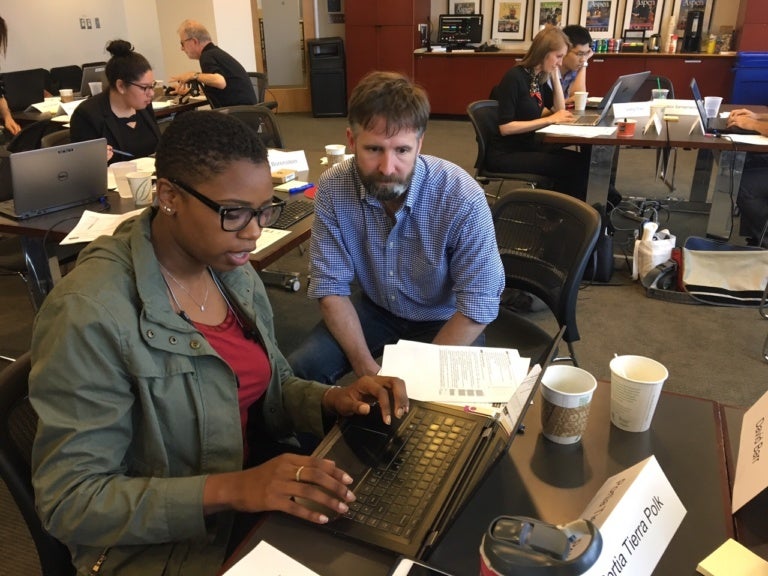Nonprofit Data Project
As government, civic and business leaders address a wide range of serious challenges, many will reach out to nonprofit groups for help only to find themselves hampered by a lack of up-to-date information on this important sector in our society. Those needing to understand and track trends in nonprofit revenue, spending, service provision, employment, volunteering and other critical aspects of philanthropic activity will find that most of this information, when available at all, is two-years-old or more. This is too late to deal with problems as they arise, or to signal to communities and policymakers that new challenges are emerging. What’s more, information that is available is sometimes inaccurate, due to problems with misclassification, inconsistent reporting and other data errors. In short, despite employing 10% of our nation’s workforce and contributing at least 5% to the nation’s GDP, the nonprofit sector sorely lacks timely and accurate data.
Since 2008, the Aspen Institute Program on Philanthropy and Social Innovation has convened leading figures in the field of nonprofit research and data to discuss and assess our nation’s nonprofit data collection system. These meetings have provided a unique and neutral forum for discussion, deliberation, information-sharing and consensus-building.
Primary participants in the Nonprofit Data Project include representatives from:
- Candid
- The Center on Nonprofits and Philanthropy at the Urban Institute
- Foundation Center
- Indiana University’s Lilly Family
School of Philanthropy - Center for Civil Society Studies at Johns Hopkins University
Together these groups play a critical role in informing our society of the size and scope of the nonprofit sector, the level of charitable giving and volunteering, the contribution of the sector to the nation’s economy, the level of employment in the nonprofit sector, nonprofit performance, and other important aspects of social sector activity.




